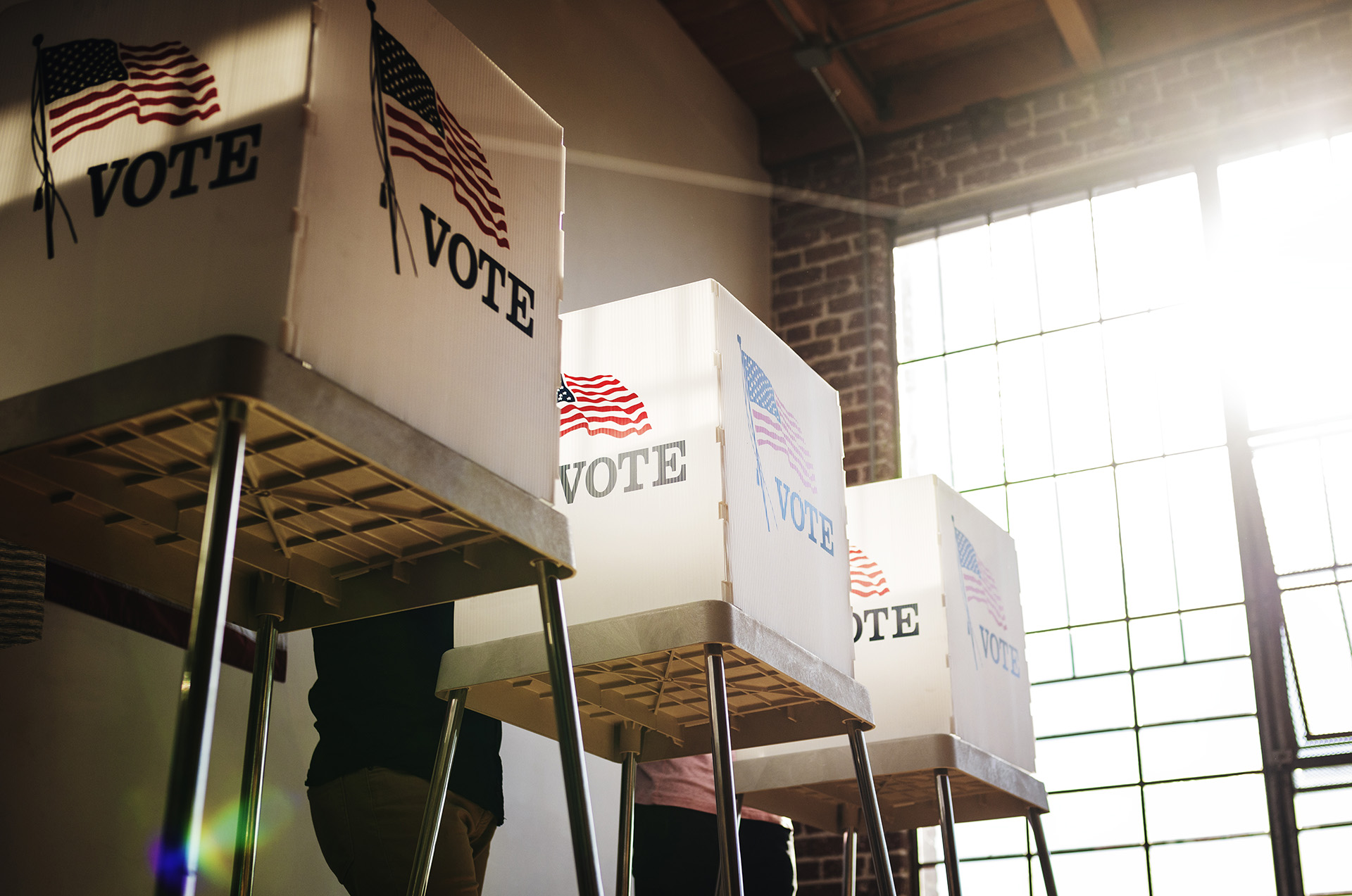The United States prides itself as the world’s longest standing democracy, with more than 200 years of having elections choose our leaders and power peacefully transferred from president to president, regardless of party. This source of national pride, however, should not be taken for granted. Our very system of government, starting with letting the people choose who is elected president, is now under grave threat.
Through our Electoral College process to elect a president, state legislatures nominate electors who pledge to adhere to their state’s election results, regardless of their own personal preferences. The winner is the candidate who received the most votes in that state.
Unfortunately, recent news about the Jan. 6 insurrection makes it plain that we cannot take this core tenet of our freedom for granted. We recently have learned that prior to the Jan. 6 insurrection, former President Donald Trump’s lawyer John Eastman outlined a scheme to turn this process on its head.
Eastman called for Vice President Mike Pence to exceed his ceremonial role to verify the election results on Jan. 6 and give President Trump a second term by throwing out the slates of electors from six swing states, including Pennsylvania, that had voted to elect Joe Biden.
Eastman was joined in this plot by Jeffrey Clark, a high-ranking Trump appointee to the U.S. Department of Justice. Clark quietly outlined a step-by-step blueprint to have the Justice Department call on Republican-controlled state legislatures to, ultimately, go back into session and certify Trump electors.
Clark’s plan was never implemented. The acting U.S. Attorney General refused to sign onto the draft memo. But it was a close call and could, ultimately, serve as a dress rehearsal for Republicans in 2025.
As Robert Costa, coauthor of the book “Peril,” said in a recent interview, “Imagine if in January 2025 Republicans are much more organized and they have alternate slates of electors ready in many states. What happens then?”
As we look ahead, the 2020 experience in Pennsylvania is instructive. Scores of GOP legislators, including the top lawmakers in the state House and Senate, lined up behind the president’s baseless claims, urging Congress in multiple letters to halt certification of Pennsylvania’s results. Eight of nine Republican members of Congress from Pennsylvania voted to reject their own constituents’ votes on Jan. 6, even after the mob had attacked the Capitol and sent them into hiding earlier that day.
These included Congressman Mike Kelly (PA-16th Dist.), who had earlier filed an unsuccessful suit to throw out the votes cast by 2.6 million Pennsylvanians, and give it instead to the state legislature. Their efforts failed , but one wonders what might have happened if the GOP leaders in Pennsylvania and other swing states had been more ruthless or are better prepared in 2025?
Should Trump run in 2024, he will falsely tell his followers that the 2020 election was rigged and that his opponents will rig it again. Should he not gain an Electoral College majority from the popular vote, he may once again attempt to overturn the election. And this time, team Trump will have years to prepare, not merely weeks. With voices primed to parrot lies of election fraud, Republican-controlled state legislatures in pivotal states could nominate their preferred slates of electors for Trump, disregarding the people’s choice.
This threat to our country is alarming. We must be prepared to stop any political power grab of our democracy by statehouse politicians. We must urge our elected officials, judges, and other leaders to denounce such tactics. We need make it impossible for anyone to carry out the worst-case scenario, where the popular will is cast aside, and a ruling party can select the president it pleases, regardless of the popular vote.
Democracy is fragile. Its integrity is under threat, and we must do everything in our power to protect it.
Jonathan M. Winer is the former deputy assistant U.S. secretary of state for international law enforcement and a member of Keep Our Republic, a group focused on protecting elections and democracy.


